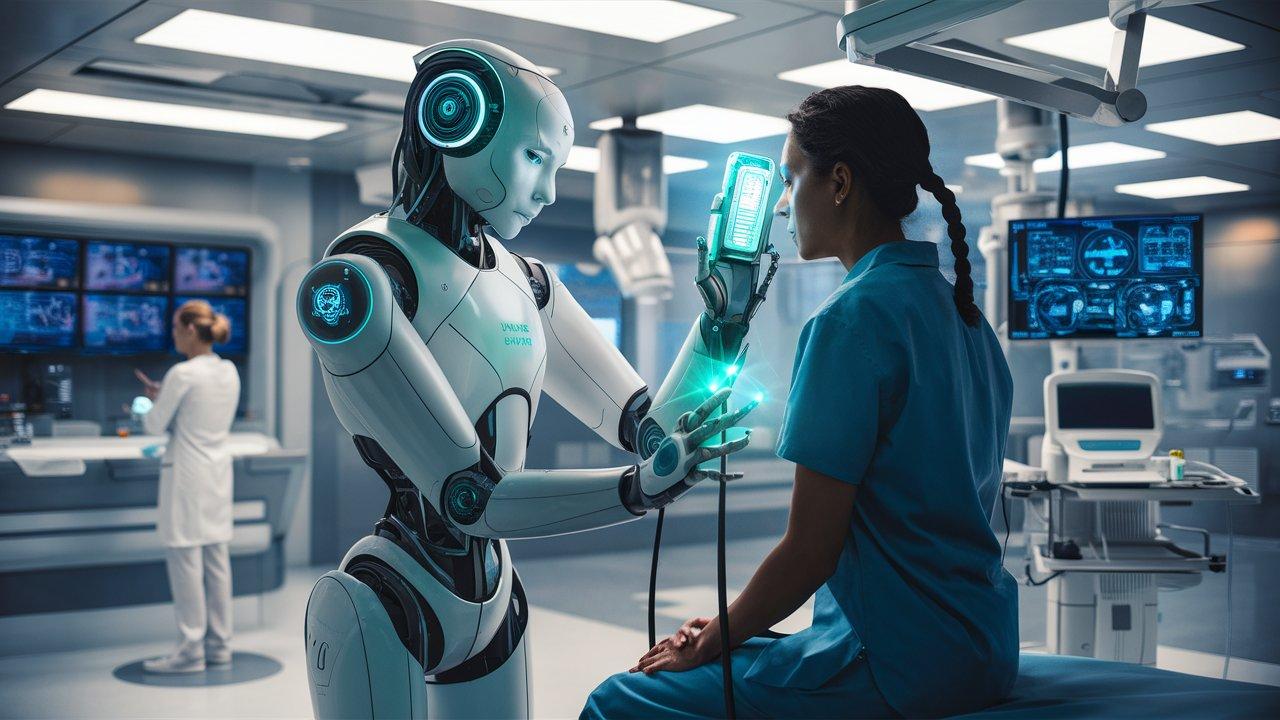The Frontline Heroes in Emergency Departments

In emergency departments, every second counts. From the moment a patient walks in, they need to be assessed and prioritized for care, often under high-pressure conditions. This is where triage medical assistants become the unsung heroes. They serve on the frontline of patient care, making critical decisions to ensure that the most urgent cases are addressed first. Their role is not only essential but can also make the difference between life and death in emergencies.
The Critical Role of Triage Medical Assistants
A triage medical assistant plays a pivotal role in determining the priority of care for patients in the emergency room. Using a systematic process, they assess each patient’s condition and categorize them based on the severity of their illness or injury. This ensures that life-threatening cases receive immediate attention, while less urgent cases are treated accordingly.
In high-stress, fast-paced environments, such as emergency departments, these professionals help alleviate bottlenecks by efficiently directing patient flow. Their ability to make swift, informed decisions can relieve pressure on doctors and nurses, enabling the entire department to run more smoothly. Without the essential input of triage medical assistants, emergency departments could face significant delays in patient care, leading to worsened outcomes.
Supporting the Workflow of Healthcare Providers
Triage medical assistants not only handle patient prioritization but also offer administrative support to healthcare teams. They gather vital patient information, update electronic health records, and often communicate with family members to ensure they are informed of the patient's status. By managing this essential information, they ensure that healthcare providers have access to accurate and up-to-date data, allowing for better decision-making.
Virtual healthcare support, such as a virtual healthcare assistant, can also complement triage medical assistants by handling non-urgent administrative tasks. This division of labor ensures that the triage team can focus entirely on clinical needs, further enhancing the efficiency of patient care in emergency settings.
Why Triage Medical Assistants Are Indispensable in Emergencies
In emergencies, accurate and timely decision-making is critical. A triage medical assistant must have strong clinical knowledge, excellent communication skills, and the ability to remain calm under pressure. They are often the first point of contact for patients, which requires them to be compassionate and attentive while still being efficient. These professionals are trained to quickly recognize symptoms of severe conditions, such as heart attacks or strokes, and escalate those cases to receive immediate care.
With the healthcare system constantly evolving, triage medical assistants now often work alongside advanced technology, including telemedicine tools and virtual assistants, to further optimize emergency department workflows. For example, a virtual chiropractic assistant can manage patient appointments and assist chiropractors with non-urgent cases, freeing up more time for triage medical assistants to focus on high-priority emergencies.
Enhancing Patient Care through Technology
The integration of technology has changed the dynamics of medical care, and triage medical assistants are no exception. Virtual platforms allow them to manage patient flow more effectively by providing real-time updates on bed availability, current wait times, and the urgency of incoming cases. By having a comprehensive view of the department's status, triage medical assistants can adjust the prioritization process dynamically, ensuring that critical cases are attended to immediately.
A virtual healthcare assistant can also support these tasks by assisting with data entry, patient scheduling, and follow-ups, allowing the medical staff to concentrate on clinical tasks. This technology-driven collaboration between virtual assistants and triage staff ensures the highest level of efficiency in patient care.
Conclusion
Triage medical assistants are integral to the smooth functioning of emergency departments. Their ability to assess and prioritize patients in critical situations ensures that those who need immediate care receive it. With the added support of technology, such as virtual healthcare assistants, the workflow of emergency departments becomes even more streamlined, enhancing overall patient outcomes.
In a high-pressure environment, triage medical assistants serve as frontline heroes who balance compassion and efficiency to provide patients with the care they need, exactly when they need it.
- Art
- Causes
- Crafts
- Dance
- Drinks
- Film
- Fitness
- Food
- Games
- Gardening
- Health
- Home
- Literature
- Music
- Networking
- Other
- Party
- Religion
- Shopping
- Sports
- Theater
- Wellness


